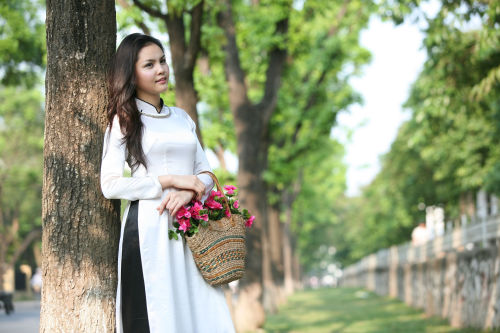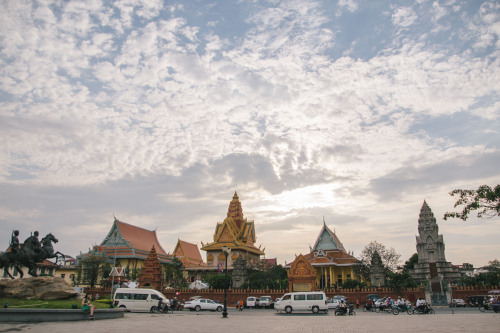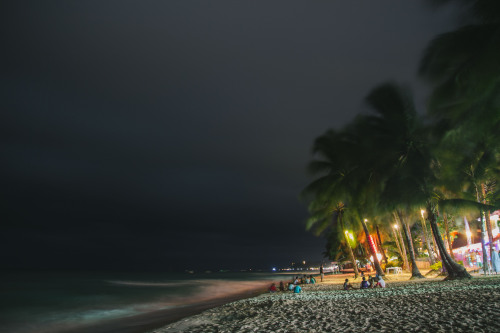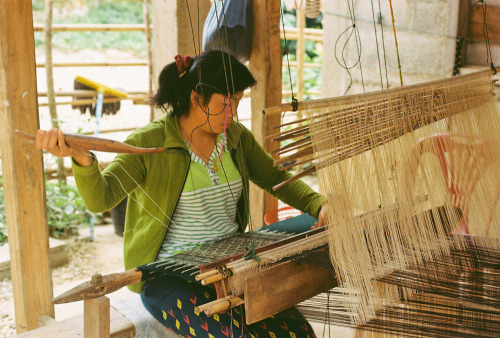#southeast asia
First thing’s first. Remind yourself that Asia is huge, and there are a ton of people living there. Asians are currently a full 63% of the world’s population. Seriously think about that. There are more Asians than every other group of humans in the world combined, and our continent is so large half of us don’t live in the same day as the other half. Asia, the continent, extends from Palestine to the Philippines, from Russia to Sri Lanka. We speak over 2000 languages, and there are honestly too many ethnic and identity groups to count. And due to the colonial legacy, modern day imperialism and neo-liberalism, general migration, and a host of other reasons the Asian diaspora has spread to basically every country in the world.
There are a lot of us. And we are everywhere. So it is only fitting that our politics, experiences, and identities reflect that diversity, but unfortunately on tumblr, and pretty much everywhere else, we are collapsed, condensed, and repackaged in easily identifiable and digestible packages. So let’s unpack that package, and really examine what we are talking about when we say “Asian.”
I am going to use myself as an example, because my experiences are the ones most familiar to me. And because specificity is very important in this case.
In terms of racial and ethnic identity, I identify as Asian, Asian-American, Southeast Asian, Burmese, Chinese-Burman, and a Burmese Buddhist. Though it may seem excessive and redundant, I assure you none of these categories overlap entirely, and each has a different set of politics that goes with it.
Let me explain. I identify as Asian because I am of Asian descent, and I live outside of the continent of Asia. I repeat, because I live outside of the continent of Asia. People living in Asia don’t have any reason to call themselves Asian. They generally feel no need or desire to classify themselves based on a category white people randomly assigned them. I had never heard the term Asian before I immigrated to the US. Paradoxically, I didn’t become Asian until I left Asia. Asian people have been conquering and trading with one another in very sophisticated and often devastating ways since before (non-Jewish) Europeans figured out how to bathe themselves. Being Asian, and identifying as Asian are not the same thing.
I’m also Asian-American, because I am Asian and I live in the U-must-be-white-to-live-without-a-hyphenSA. I live in a constant state of “where are you from/your English is so good/how do you say your name again?” I am Asian-American, because I don’t have a choice, but also because I chose to stand in solidarity with other people whom I share these unique experiences with.
I identify additionally as Southeast Asian, because White people and East Asian-Americans like to pretend that people like me do not exist. Like brown skin, wavy hair, fabulous eyebrows, and Asian are mutually exclusive. We are always the other Asians, the not really Asians, the what part of China is (insert your country) in Asians.
I identify as Burmese, because I am an immigrant, my parents are immigrants, and Asian-Americans don’t really get along with one other that well. Remember how I said that Asians have been warring with each other since forever? Yeah, that history doesn’t disappear because they are in a different continent. Our people have done some really messed up stuff to each other in the ancestor lands, and then we came here and continued to do messed up stuff to each other. Like did you know that the majority of the property of Little Tokyo in LA is owned by Chinese-Americans, because they bought it all up when the US government drove Japanese-Americans into concentration camps during WWII? There was, and is still little, solidarity between the various Asian-American groups. It makes sense on one hand. Our struggles are so different. Cambodian-Americans deal with a lot of issues around undocumented status, alcohol abuse is a serious issue with Korean-Americans, and Palestinian-Americans are facing the ongoing genocide of their people while being labeled terrorists for protesting it. We live our lives very differently, and sometimes it feels like the only way to survive is to stick with our own. The people who know us, who look like us, who speak out language, who eat familiar food, who share a familiar image of home.
I am also Chinese-Burman and a Burmese Buddhist, because surprise race and ethnicity are far more complicated than people in the US seem to think it is. So I mention these two together because in Burma race, ethnicity, and religion are very closely tied together. In Burma, it is assumed that Burman=Buddhist, and “Kala” (a general term that used to refer to South Asians, but also sometimes dark skinned Asians in general, but also sometimes Burman and people of other Burmese ethnicities who are Muslims)=Muslim. It is a weird way in which colorism, racism, and Buddhist supremacy intersect. So racially I am Chinese, meaning that my great-grandparents were all immigrants from China, and all their children and grandchildren only married and had children with other Chinese descended people. I have a Chinese name (that I don’t actually use), I celebrate (some) Chinese traditions, and I grew up thinking I am Chinese. But my identity card says I am Burman. I am also darker than pretty much everyone in my family; I have thick eyebrows, and wavy hair. I don’t “look Chinese,” and I don’t automatically get the privileges that come with that in Burma. But I am Buddhist (or at the very least not visually identifiable as a Muslim), and lighter than the average Burman, so I get the privileges attached to that. It’s complicated.
So just to recap, I just wrote like two pages on my own personal racial identity, and I was being really brief. Being Asian is a really complicated thing in a way that doesn’t necessarily have parallels with other POC. This becomes very obvious whenever Asian or Asian-American issues come up on tumblr or in US based social justice circles. Like Asian privilege is not a real thing in the US, but Japanese privilege is totally a thing in Japan. Asian-American anti-blackness is not the same thing as anti-blackness in Asia. They are real but separate issues, that need separate solutions and conversations. The opinions of Asians in Asia are not relevant to issues of cultural appropriation in the US. Likewise Asians in the US don’t get a free pass to talk about Asia as a whole. Nepalese-Americans have no right to comment on what is happening in Malaysia, only Malaysians-Americans can do that.
TLDR: Asian identities are really complicated, and that translates to social justice issues in a very complicated way. We need to listen to each other, and work in solidarity with each other. And most of all, we need non-Asian POC to let us hash out these conversations without derailing and interjecting into them.

Southeast Asia//Vulnerable// Cartilaginous Fish//image source
Fun Fact: The giant freshwater stingray is one of the largest freshwater fish. There have been reports of them weighing up to 600 kg.

Southeast Asia//Vulnerable//Carnivora//photo source
Fun Fact: Believe it or not, the musk of the binturong smells like buttered popcorn.



















